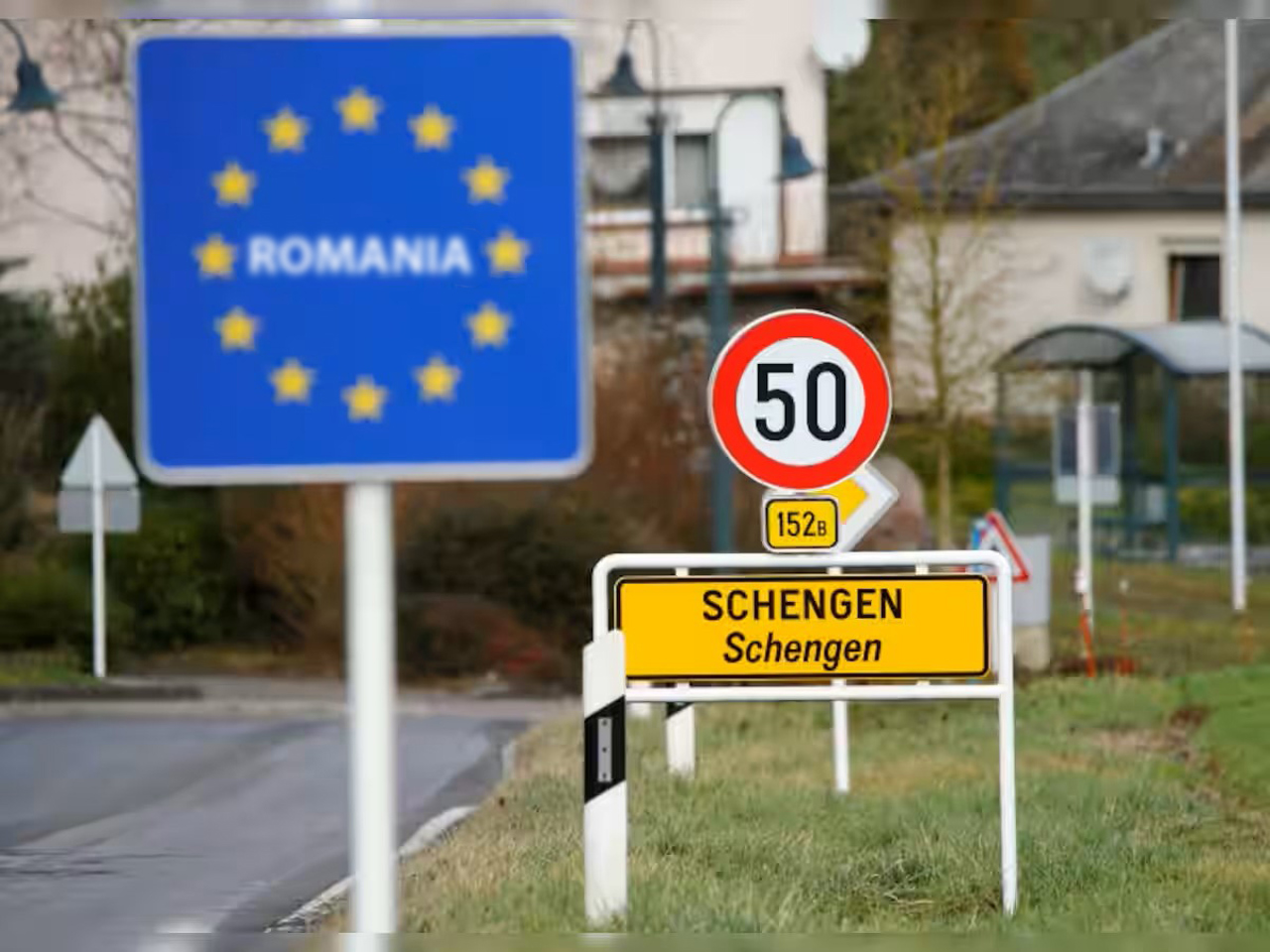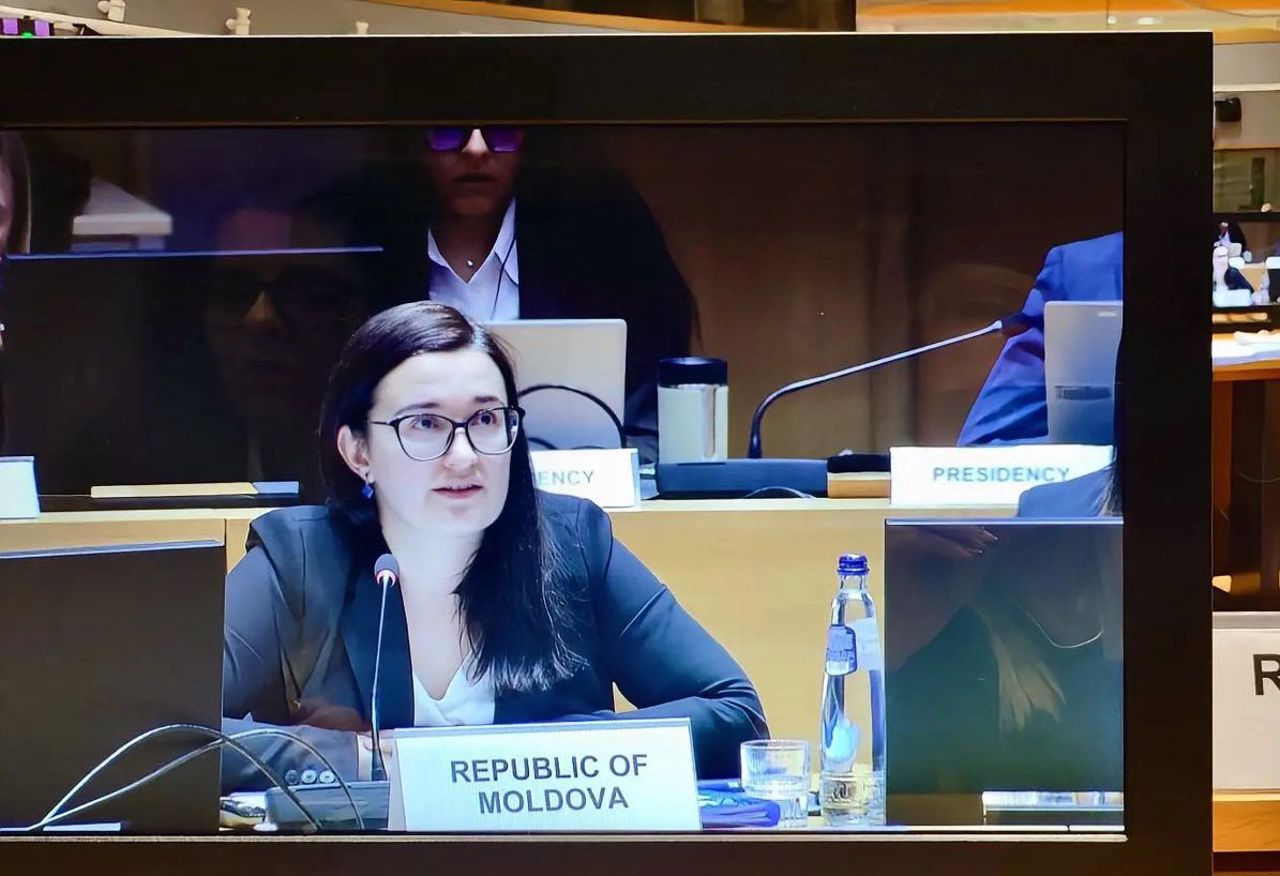Correspondence Dan Alexe // The long road to Schengen: Romania and Bulgaria’s accession is a message to Russia
The member states of the European Union agreed on Thursday, December 12, to approve the full accession of Bulgaria and Romania to the Schengen area of free movement, starting January 1, 2025. The two countries immediately welcomed “a historic decision”, after more than a decade of waiting. “A great victory for Bulgaria, Romania and the whole of Europe”, declared, in turn, the Hungarian Minister of the Interior, Sandor Pinter, whose country holds the rotating presidency of the Council of the EU until the end of the year.

The accession of Romania and Bulgaria to the Schengen area was made possible by lifting Austria’s veto. Vienna finally accepted, in March 2024, the partial membership of Bulgaria and Romania, initially limited to airports and seaports, and Austria also set out a roadmap for this expansion.
Created in 1985, the Schengen area now includes 25 of the 27 EU member states and their associated neighbours Switzerland, Norway, Iceland and Liechtenstein. Schengen is the largest free movement area in the world and covers more than 4.5 million square kilometres, encompassing a population of almost 450 million.
The two countries will therefore fully join the free movement area from 1 January 2025, thus closing a chapter that began in 2011, when the European Commission first spoke in favour of their accession.
Many countries, including Germany and France, opposed this joint candidacy at the time. Over time, political opposition has diminished, leaving the Netherlands and eventually Austria as the last obstacle on this long road.
This comes after the Netherlands proposed a reform of the Schengen area in 2015: the creation of a kind of “mini-Schengen”, which would have included Germany, Austria and the Benelux countries (Belgium, the Netherlands, Luxembourg) and which would have operated separately from any measures adopted to increase border controls. However, the Dutch proposal was received with great reservations by Germany.
A message to Russia
The fact that Romania and Bulgaria will become full members of the Schengen area from the beginning of 2025 is an important step forward for the population of the two countries, who will now be able to move more freely within the EU. In addition, this perspective anchors the region in the European Union, a consolidation that is important when we think about the growing sphere of influence of Russia and China.
The most recent revealing example of this phenomenon is the episode of the presidential elections in Romania, clearly influenced by Russia and which, therefore, was canceled.
Full freedom of movement will have to wait
Accession is, however, accompanied by an important reservation: the maintenance of controls at the land borders between Hungary and Romania and between Romania and Bulgaria for “at least” six months to “prevent any serious threat to public order and internal security” of the EU.
The concession aims to alleviate Vienna’s concerns about illegal immigration, which Austria has repeatedly invoked to block the accession of the two.
Full free movement across the borders of Romania and Bulgaria will therefore not be implemented immediately, and citizens crossing the border risking continuing to face queues and delays in the first half of 2025.
The reintroduction of border controls to try to reduce migration flows is increasingly widespread in the European Union: Germany, France and the Netherlands have implemented them in recent months, even if the effectiveness of the measure remains contested.
Schengen entry is an obligation
Furthermore, something often ignored is that in reality Schengen membership does not represent any kind of reward. The reality is exactly the opposite: Schengen membership (as well as the Euro) is an obligation for EU member states, not rewards for good behavior. The EU treaties state that all member states (except Ireland) are obliged to join Schengen “once they meet the conditions”; and all (except Denmark) are obliged to switch to the euro “as soon as economic conditions permit”.
So it was not a right previously not granted to Romania, but an obligation that Austria and the Netherlands considered that Romania and Bulgaria could not yet fulfill. This was while all the official reports of the European Commission and the resolutions voted in the European Parliament showed that Romania and Bulgaria were already ready to join the Schengen area.
Apart from the benefits for the economy in general, the main advantage for ordinary citizens will therefore be that they will no longer have to wait in lines at the airport, and carriers will no longer waste days at the border with Hungary or Bulgaria. These delays are still reflected in higher costs for exported goods. In return, Romania's external borders will become Schengen borders, including the one with the Republic of Moldova.





